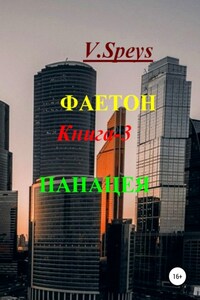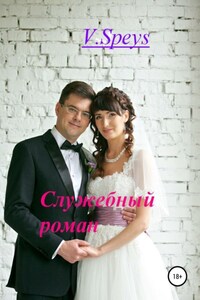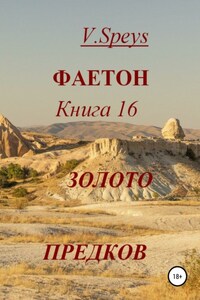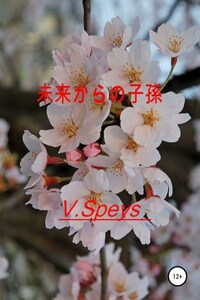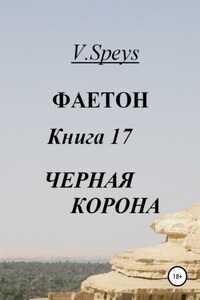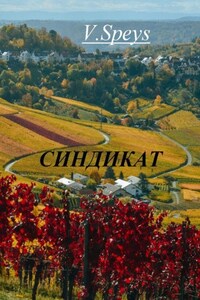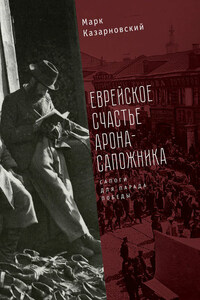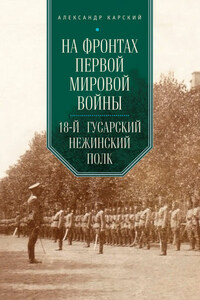Shpitki. This is the name of the village, located on the twenty- eighth kilometer of the Brest- Litovsk highway from Kiev to the West. At the twenty- eighth kilometer of the highway, the road turns to the left and, along the stone- paved roadway, rushes towards the village. Until the seventeenth year in Shpitki was the estate of the famous sugar factory Tereshchenko. A rich landowner broke the beautiful park of the manor, dug a cascade of ponds. He built a church, an exact copy of the Cathedral of St. Vladimir. Inside the church was painted with the faces of saints. The students of Vasnetsov himself worked on the painting. After the revolution, before the events described in the book, the church still survived and even served. In the fifties the only brick house was my mother's house Zimoglyad Olga Andreevna, who she built for a bank loan. In fact, after the war, not everyone gave a loan in the bank. Since Olga Andreevna was elected a deputy of the Supreme Council of Ukraine of the 4th convocation, she was given a bank loan of 10,000 rubles for construction. The building materials did not have any problems, since the deputy of the Supreme Soviet of the Ukrainian SSR was supposed to be provided first of all with a guarantee of payment. And the house was built. Inside the house it was lovely in the summer. The coolness was refreshing when the heat was outside. And it was damp and cold in the winter. The stoves were always smoking, and there was a pungent smell of the briquette (a mixture of coal dust and resin). In the house, my grandmother, an old wrinkled woman with a trembling chin in a long skirt and apron, was standing by the stove and the heat was interfering. Her name was Eugenia Lavrentyevna, her surname by her husband Zimoglyad, and her maiden name was Sribna. My grandmother was from Pereyaslav Khmelnitsky, and on long winter evenings, I often remembered my home and my own brother, unfortunately I did not remember his name, I only know that he lived all his life in Pereyaslav- Khmelnitsky. That he was a fanatical devotee of pigeons. In his private home, he had a dovecote in his attic, where strict order and purity reigned.
Olga Andreevna's house smelt of borscht and a delicious aroma of stew. The village lived in prosperity, as they themselves grew everything – both vegetables and meat.

